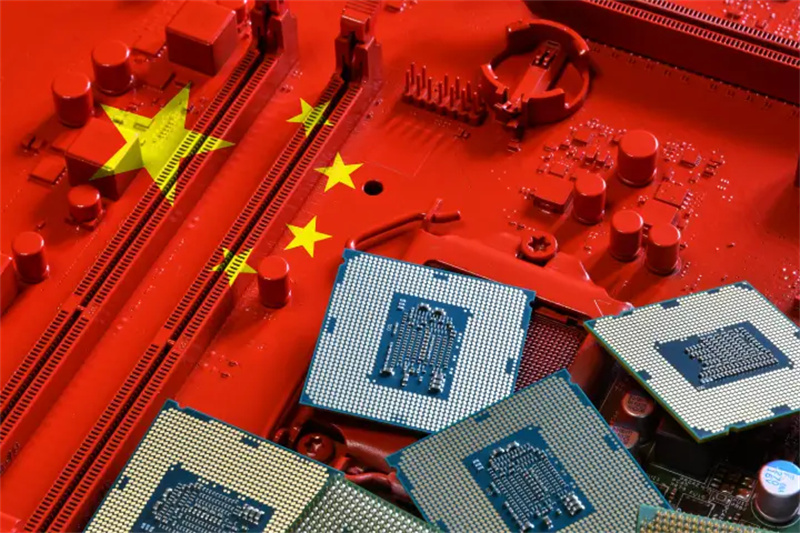Recently, Chinese authorities in Shenzhen announced that they have dismantled a large-scale counterfeit semiconductor operation accused of selling refurbished and rebranded integrated circuits disguised as high-end imports from Infineon Technologies, Texas Instruments (TI), and other major Western chipmakers.
According to a report by the South China Morning Post, police spent four months investigating the ring, which allegedly collected discarded chips, removed their original markings using laser tools, and reprinted them with premium part numbers before selling them through shell companies posing as foreign agents. At least one person has been arrested, and the authorities said they are working with international suppliers to trace the affected chip batches.
The case, originally disclosed by Rule-of-Law Daily, is described as China's first major counterfeit imported chip investigation. The fake chips reportedly entered downstream industries such as automotive and industrial control, posing significant supply chain risks.

The counterfeit components included Infineon's power MOSFETs and driver ICs, as well as TI's power controllers and operational amplifiers. These are commonly found in graphics cards, motherboards, and power supply units, where they play a vital role in voltage regulation and thermal management. Because their defects often remain hidden until exposed to high thermal or electrical stress, counterfeit chips can pass initial inspections yet cause intermittent GPU reboots, unstable fan speeds, or coil whine weeks after deployment.
In a previous operation, Chinese authorities seized more than 40,000 fake Nvidia GPUs that had been relabeled and sold as newer models. However, this latest case is seen as more dangerous because the counterfeit chips were allegedly sold business-to-business to legitimate component suppliers, meaning that reputable brands could have unknowingly integrated fake parts into their products.
Analysts say the rise of such cases is linked to tighter U.S. export controls on semiconductor technology, which have made it harder for Chinese companies to source high-end chips from Europe and the United States. This scarcity has fueled a domestic gray market where counterfeiters can profit by selling refurbished or relabeled components as "genuine" imports.
In September, China's Ministry of Commerce launched an anti-dumping investigation into imported American analog chips, alleging that U.S. suppliers had suppressed Chinese chip prices for years. Around the same time, U.S. authorities increased scrutiny of semiconductor exports to China, including advanced Nvidia chips—further intensifying the global tensions surrounding semiconductor supply chains.
+86 191 9627 2716
+86 181 7379 0595
8:30 a.m. to 5:30 p.m., Monday to Friday
